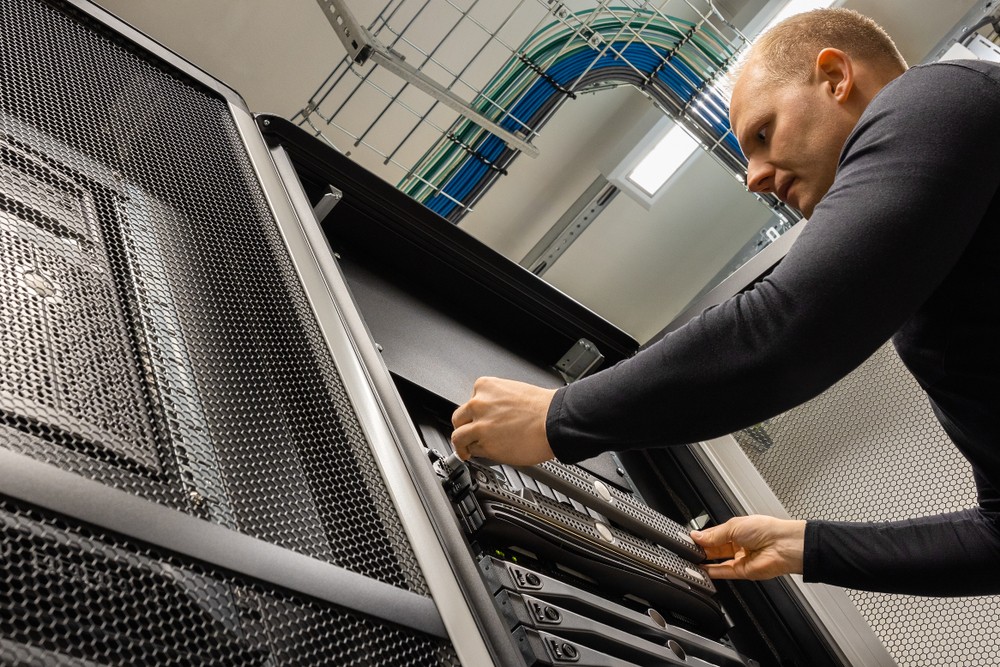The survey polled 550 IT professionals across a range of markets to distill the expectations and experiences of those who are currently using or evaluating a variety of data storage infrastructures, including software-defined storage (SDS), hyperconverged, block, file, object and cloud storage, to solve critical data storage challenges.
The report reveals that the top three capabilities that respondents want from their storage infrastructure - but feel that they are not currently receiving - as being high availability, business continuity / disaster recovery, and capacity expansion without disruption. Limited flexibility was also the top reported technology disappointment or false start that respondents have encountered in their storage infrastructures.
Businesses have been struggling with unprecedented data growth for years, and the problem is getting worse. Furthermore, the need for speed, agility, and efficiency is pushing demand for modern IT infrastructure solutions that can lower costs while providing new levels of scale, quality, and operational efficiency.
This is more prevalent than ever with the COVID-19 pandemic wreaking havoc on the economy and creating game-changing rules for technologies, as well as causing hardware shortages and budget reductions. As a result of these numerous market forces, companies have no choice but to find ways to get more out of their existing storage resources. This is fueling an industry-wide shift toward software-defined infrastructure to help enable storage to be smarter, more effective, and easier to manage.
For many years, the majority of the industry was in a hardware-centric mindset - leaving users skeptical about the true promise of SDS. However, with years of now proven SDS success, users are realising the benefits and SDS is well on its way to becoming a standard technology. The finding that 64% of survey respondents fell within the range of “strongly considering” to “standardising” on software-defined storage illustrates that SDS has become a mature technology in use at the majority of IT departments.
Those that don't adopt SDS are missing out on flexibility, performance, availability, and efficiency, as identified by users as problem areas in the survey. The top business drivers for those that choose to implement software-defined storage are to future–proof infrastructure, to simplify management of different types of storage and to extend the life of existing storage assets.
Additional highlights of the “Storage Diversity Seen as Imperative to IT Modernisation Efforts” market survey include:
· 73% of respondents have more than one data centre and 81% have more than one storage vendor. Heterogeneous storage infrastructure is a fact of life in most IT departments - and the problems that come with this type of diversity are numerous.
· Block storage is a principal investment priority in terms of powering high-performance, mission-critical applications such as databases and other enterprise applications, as well as serving as primary storage.
· Roughly half of the market is looking to software-defined storage or hyperconverged infrastructure (HCI) to satisfy primary and secondary storage requirements for the future - reflecting the increasing movement toward software-defined infrastructure to address many of the industry’s pain points.
· 86% of respondents agreed that predictive analytics is important in simplifying and automating storage management.
“IT teams have rapidly expanded storage capacity, added expensive new storage arrays, and deployed a range of disparate point solutions to keep up with escalating demands. This has created a chaotic storage layer that continues to be the root of many IT challenges,” said Gerardo Dada, chief marketing officer at DataCore. “We have seen that many companies are now exploring the power of consolidating storage under a single, unified, software-defined platform to simplify and optimise primary, secondary, and archive storage tiers, managed by modern technologies such as predictive analytics and artificial intelligence.”




